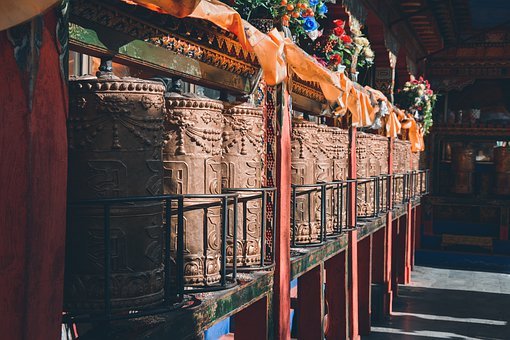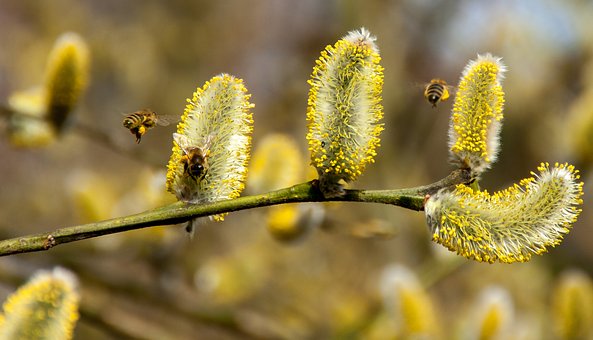That is not the case, but our mind indeed has this capability. To allow the mind to rest, we must observe it at all times, to ensure it is not disturbed and that it remains in this state. If we are not mindful, we may not even know if it has wandered off. We may find, after a half hour or one hour of meditation, that the effort was futile since our mind was preoccupied the whole time. That would be a shame! So watching the mind from the side is necessary.
~Depicted from THE FOUR SEALS OF DHARMA - The Practice of Realizing Emptiness











